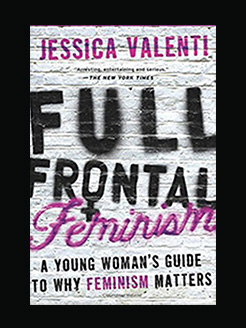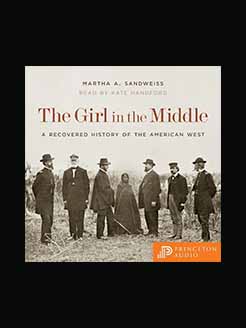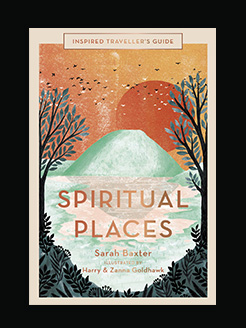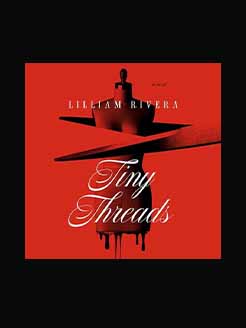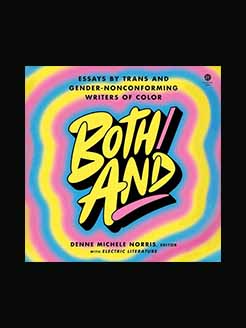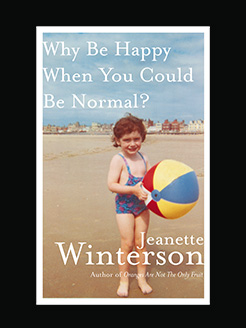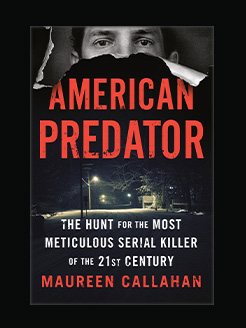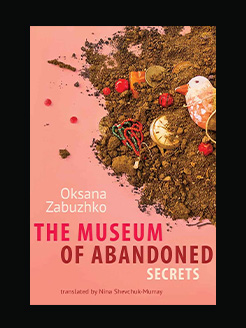Published in 2018
352 pages
Jill Stark, born in Edinburgh, Scotland, now calls Melbourne, Australia home.
She is the author of two books, and is an award-winning journalist with a career spanning two decades. Happy Never After: Why The Happiness Fairytale Is Driving Us Mad (And How I Flipped The Script) is a forensic examination of our relentless pursuit of happiness in an age of anxiety. Her first book, High Sobriety: My Year without Booze is a best-selling memoir about her journey through a year off the grog, and a forensic exploration of Australia’s binge drinking culture. It was shortlisted for the Kibble Literary Awards and was a finalist in the Walkley Book of the Year.
What is this book about?
Jill Stark was living the dream. She had a coveted job as a senior journalist, she was dating a sports star, and her first book had just become a bestseller. After years of chasing the fairytale ending, she’d finally found it. And then it all fell apart.
Getting her happy-ever-after plunged Jill into the darkest period of her life, forcing her to ask if she’d been sold a lie. What if all the things that she’d been told would make her happy were red herrings? Could it be that the relentless pursuit of happiness was making her miserable?
From the ashes of Jill’s epic breakdown comes this raw, funny, and uplifting exploration of our age of anxiety. Charting her own life-long battles with mental health, Jill asks why, in a western world with more opportunity, choice, and wealth than ever before, so many of us are depressed, anxious, and medicated. When we’ve never had more ways to connect, why do we feel so profoundly disconnected?
Happy Never After is a soul-searching journey from despair to clarity and a forensic examination of our troubled times. Road-testing neuroscience’s latest psychological frontiers in compassion, acceptance, gratitude, play, hope and solitude, Jill turns the happiness fairytale on its head, and swaps the ‘quick fix’ approach to mental health for the long road back to herself.
In the end, Jill has a hard-earned question for us. We’re all looking for answers. We all want the happy-ever-after. What would happen if we stopped chasing, stayed still, and found calm and meaning in places we least expected?
